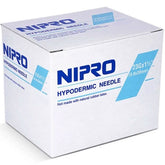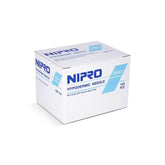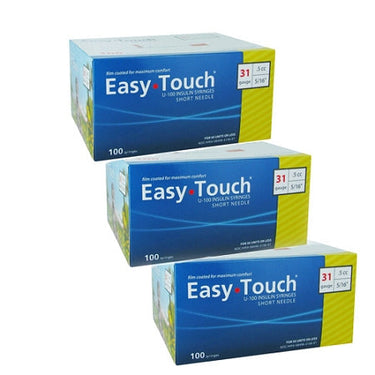Surgical masks have become a common sight everywhere we go, helping to stop the spread of germs that cause illness. These masks trap tiny droplets that come out when we talk, cough, or sneeze.
But did you know that not all surgical masks are the same? They come in different levels, each designed for specific situations. Let's explore the world of surgical masks, especially Level 2 and Level 3, so you can choose the right one for you.
What are Surgical Mask Levels?
Surgical masks are categorized into levels based on how well they do three things: stop germs from getting through, keep liquids out, and let you breathe easily. These levels are set by a group called ASTM, which makes sure things are tested the same way everywhere.
Knowing these levels helps doctors and regular people pick the right mask for different places, from everyday activities to serious medical procedures.
Level 1 Masks: Basic Protection
Level 1 masks are for everyday use and simple medical tasks where there aren't many germs flying around. They're good for talking to patients or doing basic dental work where no fluids are expected.
These masks stop most big droplets and catch at least 95% of germs. They're not meant for situations with lots of liquids, but they're okay for everyday use outside of hospitals.
Level 2 Masks: A Step Up
Level 2 masks offer better protection than Level 1. They're better at keeping liquids out and stopping germs. These masks are good for procedures where there might be some fluids, like taking blood or doing a root canal. Level 2 masks block at least 98% of germs, making them safer for tasks that are a bit riskier than those needing Level 1 masks.
Even though they're better at blocking fluids, Level 2 masks are still comfortable and easy to breathe in. This makes them a good choice for doctors and nurses who wear masks for a long time.
Level 3 Masks: Maximum Defense
Level 3 masks offer the strongest protection. They're used for high-risk situations like surgeries, where there's a chance of coming into contact with lots of fluids and germs in the air.
These masks are designed to filter out more than 98% of bacteria and can even handle splashes of liquid. They're crucial for preventing the spread of infections during procedures that create a lot of fluids and particles.
Choosing Between Level 2 and Level 3: It's About the Fluids
Both Level 2 and Level 3 masks are great at stopping germs, but the main difference is how well they handle liquids. Level 3 masks are thicker and tougher, offering the best protection against liquids getting through.
They're perfect for major surgeries. Level 2 masks are more flexible and good for less intense procedures, but they still offer decent protection against some fluids.
Level 2 Barrier Masks: Comfort and Protection
Level 2 barrier masks are special surgical masks designed for comfort and protection. They're like Level 2 masks but with extra features to keep out pollution. These masks are often used in medical settings and public places. They combine good fluid resistance and germ-stopping power with things like anti-fog strips or softer materials, so they're more comfortable to wear for a long time.
Level 2 barrier masks are helpful in places where people might encounter germs and also experience discomfort or foggy glasses. They make wearing masks easier, so people are more likely to wear them correctly.
Conclusion: Picking the Right Mask
Knowing the different levels of surgical masks helps you make smart choices about staying healthy and safe, especially in places where there's a higher chance of getting sick. Whether you're a healthcare worker or just someone going about your day, choosing the right mask makes a big difference in protecting yourself from germs.
Always listen to health experts and pick masks that fit the situation you're in. By understanding the different mask levels, you can make sure you and the people around you have the best protection possible.






